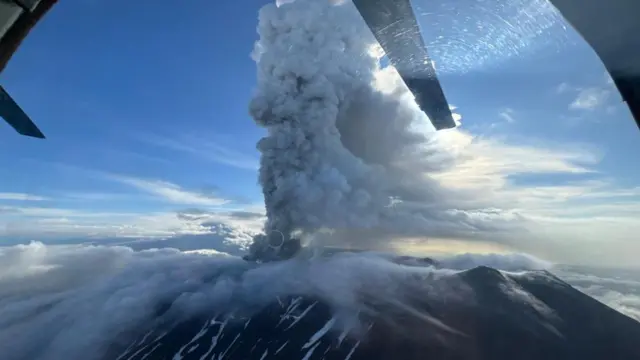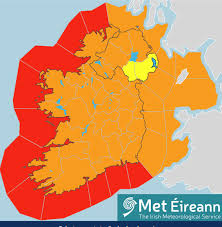Recent Eruption of a Volcano in Russia: Implications and Insights

Introduction
On October 22, 2023, a significant volcanic eruption occurred at the Shiveluch volcano, located on the Kamchatka Peninsula in Russia. This eruption has captured the attention of scientists and local residents alike, as volcanic activity in this region can have widespread implications for both human activity and the environment. The Shiveluch volcano, known for its frequent eruptions, poses threats that range from ash clouds affecting air travel to lava flows impacting nearby settlements.
Details of the Eruption
The eruption began with a massive explosion that sent ash plumes into the sky, which reached altitudes of up to 10 kilometres. According to the Kamchatkan Volcanic Eruption Response Team, ashfall was recorded as far as 75 kilometres from the volcano, affecting several towns which have been placed under alert. Local authorities advised residents to stay indoors to avoid respiratory issues caused by the ash particles in the air, as well as to prepare for potential evacuation if further eruptions occur.
Evacuations were initiated in the nearby villages of Klyuchi and Ust-Kamchatsk, where citizens are now residing in temporary shelters. The Russian Academy of Sciences stated that this eruption is part of an ongoing eruptive phase that began earlier this year, with several smaller eruptions preceding this significant event. Monitoring of the volcano continues with scientists using remote sensing devices to predict further activity.
Implications for Local Communities and Environment
The eruption of the Shiveluch volcano has significant implications for local communities, primarily concerning health and safety. Ash fallout can lead to various health problems, particularly respiratory issues amongst vulnerable populations. Moreover, agricultural activities could be severely impacted due to ash covering fields, leading to crop damage. Emergency services are currently assessing the air quality and conducting clean-up efforts to mitigate the impact of the ashfall.
Conclusion and Future Outlook
While the current eruption has drawn immediate attention, volcanologists are closely monitoring the Shiveluch volcano for any signs of escalating activity. Experts predict that volcanic activity may persist for months; thus, preparedness and ongoing assessments are crucial for the residents in the vicinity. The resilience of the local communities, supported by the Russian government’s response, plays a vital role in managing the aftermath of this natural event. As the situation develops, the scientific community continues to advocate for enhanced monitoring systems and public safety measures to mitigate future risks associated with volcanic eruptions in the region.









